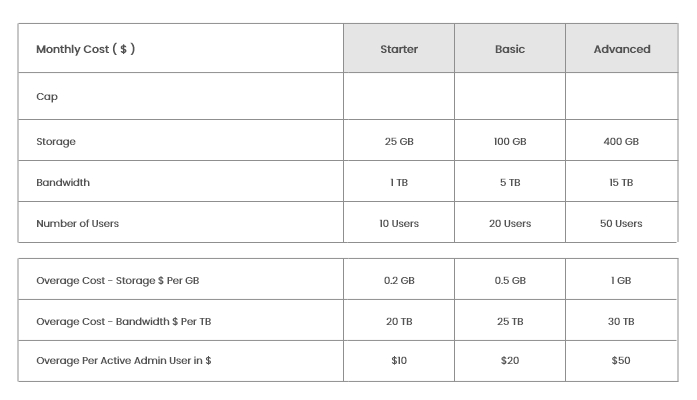



Why did Google delay the deprecation of third-party cookies?
The importance of Google's cookie delay...
Last month, Google surprised the marketing and advertising sectors by delaying the deprecation of third-party cookies in Chrome until at least late 2025. The cause? The Privacy Sandbox program received feedback that considerably more testing was required.
There isn't a straightforward explanation for why Google took this action, but there are a few options we discussed with Andrew Frank, distinguished VP analyst at Gartner who focuses on marketing and advertising.
Why is Google doing this?
As for trying to understand Google's objectives, Frank added, "I'm not sure that the firm truly acts or speaks with a single voice on some of these matters. It is evident that whatever they planned to achieve with the Privacy Sandbox is proving to be more difficult than they may have anticipated. He acknowledged that this was "kind of a non-answer."
Frank brought out the lack of action by industry standards bodies and recalled a conversation he had with a WC3 official two years prior, around the time Google introduced the Sandbox. I questioned why we were allowing Google to establish the guidelines for something as essential as browser functionality. They responded, "Google will complete it more quickly, as they don't have all the intricate criteria of a standards organization, such as public commentary, etc." Looking back, it's kind of amusing since, if it actually was the justification for letting G take the initiative on this, it would have happened considerably more slowly than we're currently witnessing.
You insert FLoC and remove FLoC...
The other significant about-face Google made earlier this year was to drop Federated Learning of Cohorts, the most well-known Sandbox solution.
Frank concurred, saying "It's weird that G releases an acronym like FLoC, and the entire online community across the world is racing into the engine room to try to make it work — and then it's, like, forget that notion."
The ADPPA's shadow
In a recent article, we hypothesized that Google's advancement might be being slowed down by the potential bipartisan passage of the American Data Protection and Privacy Act. We stated that: "The specter (benevolent or otherwise) of this legislation is looming over the many attempts out there to develop alternatives to third-party cookies, including Google's own Privacy Sandbox initiative. Will the identifiers that are presently available or being developed comply with this legislation if it is passed?
Frank said, "It's a tenable theory, and if that is the case we may anticipate additional delays. It appears that the Dobbs decision, which reversed Roe v. Wade, has caused far more controversy now than it may have a few weeks ago. The protection of health data seems to be the current focus of a lot of attention and concern. Perhaps I'll be surprised and this will easily pass the Senate, but I've never lost money betting against the effectiveness of the American legislative system.
Alternate identifiers' current condition
Many adtech firms have made some headway on creating alternate routes to addressability, which often include first-party data supplemented by data from other sources, appended in a way that doesn't compromise privacy. These alternatives have been promoted by numerous merchants in a variety of flavours, perhaps most notably by The Trade Desk, LiveRamp, and Lotame. Are they angry that there is less of a need for their answers now?
Frank said, "I suppose it's a two-sided coin. "On the one hand, it must be annoying because it causes people to wait. On the other hand, it has given them more time to polish, test, and perfect their solutions and win over any sceptics, particularly on the publisher side where I believe many of these alternative solutions are faltering a little.
Why are publishers failing to accept this technology? "The Trade Desk's solution, Unified ID 2.0, has received widespread support from the adtech community, including the SSP community; nevertheless, it hasn't had much success with large publishers, businesses that have their own ideas about how to handle privacy. There is a sort of competing idea about seller-defined audiences, and the publishers believe that if they can own the targeting and measurement side they would have higher yields. Some publishers are worried that it might somehow reduce the value of their first-party data.
The IAB's decision to forego serving as the standard's "administrator or shepherd" was another setback. "That demonstrated the challenges in converting this standard—or any other one an adtech business might develop—to a neutral standard that is owned by the sector. I believe that is what we will ultimately require.
In a year's time
What if Google pushes it back to 2026 in a year? It's the Chicken Little tale, Frank explained. "The same thing can't keep surprising you in the same way forever. There does appear to be a cap on the number of times they can accomplish this, but perhaps there isn't. They might not be feeling any compulsion to act differently. What they would lose by postponing this is unclear.
Conclusion
Although we have opinions about what is taking place, it is definitely beneficial to hear them from a different expert. The key points? Though we are free to speculate, Google is a multi-headed monster. It's possible that Google itself has multiple opinions about the necessity of the delay.
Furthermore, until we know if the federal government will take action on data privacy or abandon it and move on, it might very well happen again.
At Hocalwire CMS, we have included some of the AdSense best practices by default, giving you much more increased Advertisement interaction with users and readers. Book a demo now to give us a shot and see how we can help you increase your AdSense conversions.

